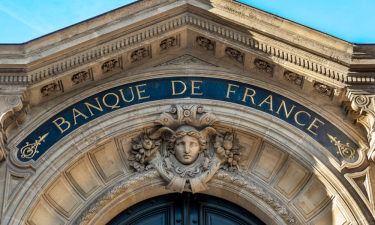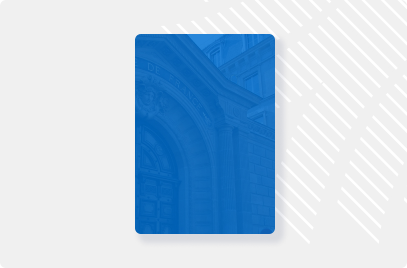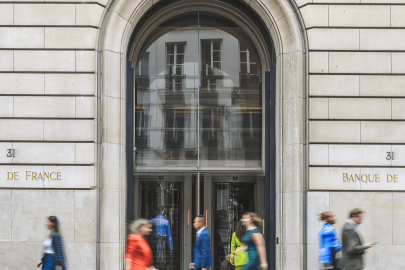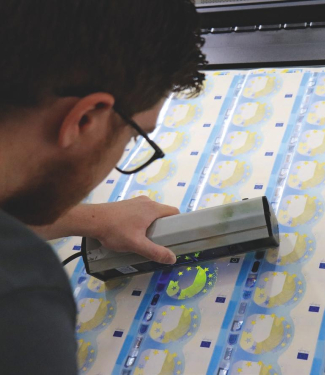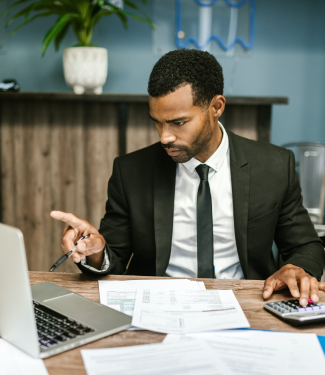Image


Welcome to the Banque de France website
An institution that helps citizens deal with the economic and societal challenges facing France and Europe
Press Enter to search. Example: financial stability
News
Image


G7 Finance: the Banque de France at the heart of the challenges
5th of February 2026
News
EU relations
France has held the presidency of the G7 since 1 January 2026. The presidency gives it a central role in setting the group’s working priorities and coordinating exchanges between member countries throughout the year.
For the Banque de France, it represents an incredible adventure at a time when, more than ever, the global economy needs dialogue and cooperation to find common ground on macroeconomic and financial stability issues.
Image


News
Europe
Image
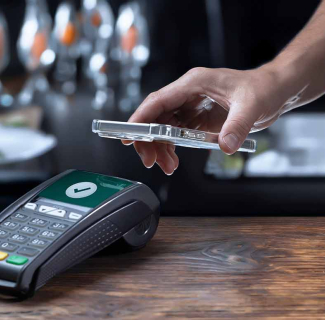

News
Means of payment
Image
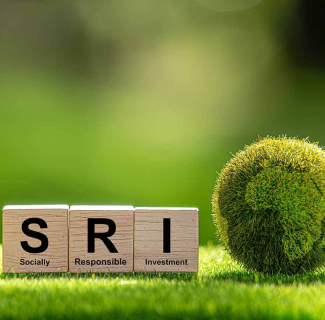

Reform of the SRI label: what is the impact on the carbon footprint of labelled funds?
13th of February 2026
Focus
Speeches by the Governor
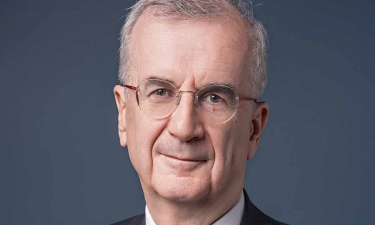
Find all news from the Governor of the Banque de France
Upcoming events
Image


10th of March 2026
Add to calendar
Image


10th of March 2026
Add to calendar
Image


11th of March 2026
Add to calendar
Banque de France is hiring

Job offers

Competitive entrance exam
